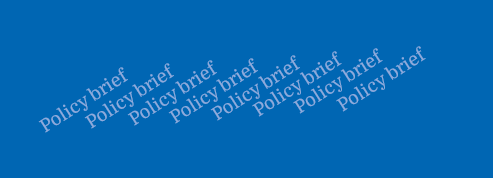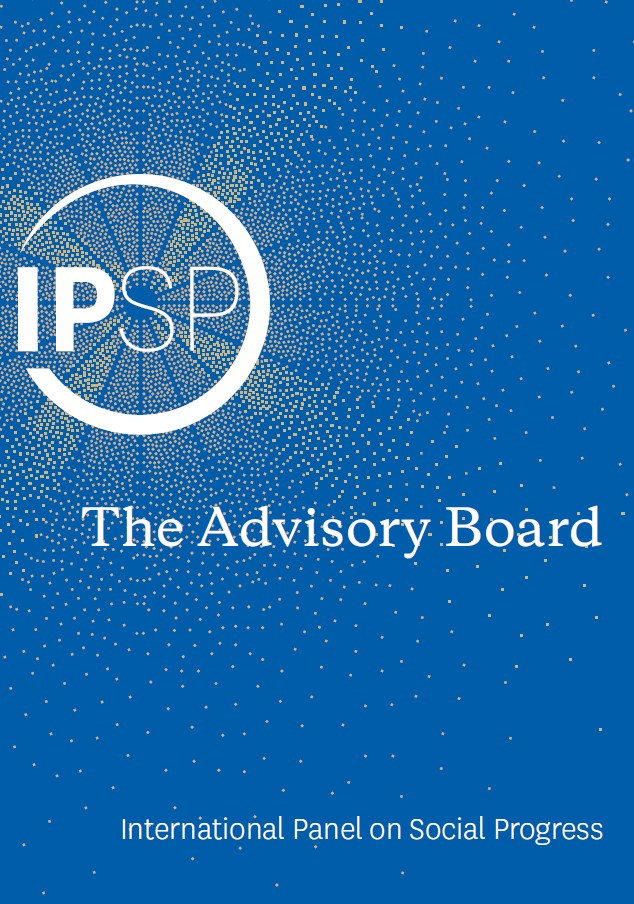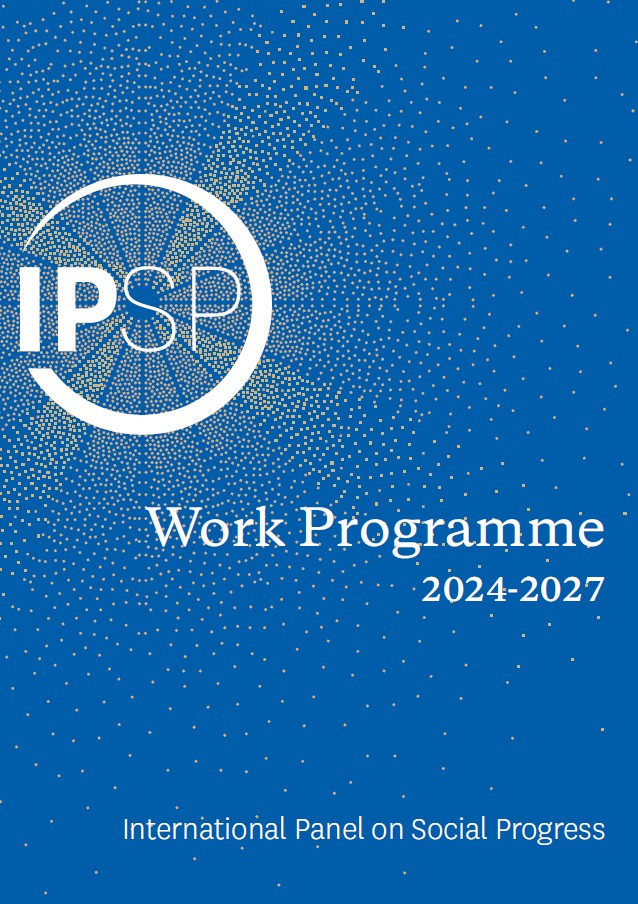Archives: Ressources
-

Policy brief: What do people value in equality – by G. Grimalda et al.
What do people value in equality?
Gianluca Grimalda, Roberto Brunetti, Maria Marino, David Pipke
December 2025
-

Policy brief: Preparing for the Next Pandemic – by N. Hassoun et al.
Preparing for the Next Pandemic: Next Steps for National and Global, Public and Private Actors
Xiaoshun Li, Merike Blofield, Barbara Buckinx, Nicole Hassoun
December 2025
-

The Knowledge Exchange Platform on Well-being Metrics and Policy Practice (KEP)
The Knowledge Exchange Platform on Well-being Metrics and Policy Practice (KEP) provides a space for sharing experiences and solutions across countries on the development and policy application of well-being frameworks and associated metrics and tools. Through the platform, the OECD is building an In Practice repository of country well-being initiatives to provide examples of well-being measurement, tools and implementation, and the application of a well-being perspective to specific policy issues.
-

Global Solutions Initiative Insights
Global Solutions Initiative Insights provides several hundred policy briefs written as part of the G20 and archived by Presidency, Task Force, Author, or Think Tank. It thus provides access to expert reports and international policy discussions.
-

SDG Action
SDG for Action is a resource for sustainability practitioners in all sectors and to deliver timely analysis of the most pressing challenge. Its aim is to encourage cross-sector dialogue and problem solving to accelerate the transition to sustainability. Written by world-leading experts, SDG Action identifies opportunities and provides tangible ways to accelerate progress.
-

SDG for Action Platform
The SDG for Action Platform is a global registry of voluntary policies, commitments, multi-stakeholder partnerships and other initiatives made by governments, the UN system and a broad range of stakeholders to support acceleration of the UN Sustainable Development Goals (SDGs).Governments and other actors are encouraged to register their policies, initiatives or commitments that accelerate the implementation of one or multiple SDGs on the platform by filling out a form that seeks detailed information about each policy/initiative, including details of implementation, beneficiaries, budget and resources, timeline and evaluation.
-

KNOCA
The Knowledge Network on Climate Assemblies (KNOCA) aims to improve the commissioning, design, implementation and impact of climate assemblies. The management group organises, commissions and supports network members to deliver a range of activities including learning calls and workshops, knowledge development projects and closed peer-to-peer workshops for policy makers and civil society organisations. As a network, they seek to:
- Understand the current wave of climate assemblies
- Document and disseminate best practice
- Identify and shape future trends so that climate policy and governance is strengthened through the application of robust climate assemblies.
-

UN Global Compact
The UN Global Compact intends to accelerate and scale the global collective impact of business by upholding the Ten Principles and delivering the SDGs through accountable companies and ecosystems that enable change. To make this happen, the UN Global Compact supports companies to:
- Do business responsibly by aligning their strategies and operations with Ten Principles on human rights, labour, environment and anti-corruption; and
- Take strategic actions to advance broader societal goals, such as the UN Sustainable Development Goals, with an emphasis on collaboration and innovation.
Explore who are the + 20,000 compagnies based in over 160 countries that are involved in the UN Global Compact.



